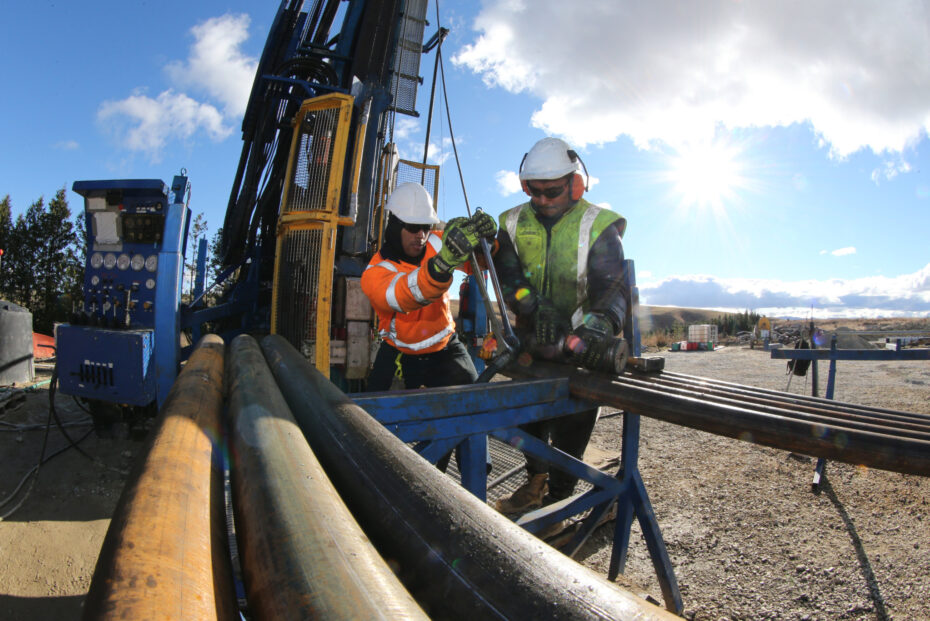IMDEX survey of drill rig use confirms exploration boom

IMDEX offers cloud-connected sensors and drilling optimization products for resource companies and company CEO said it was able to produce a snapshot of the global rig situation because of its global presence in major mining regions.
House said global rig utilization had only just returned to or exceeded pre-Covid-19 levels.
The March snapshot showed rig utilization was at 37% in Europe, 38% in South America, 30% in Africa, and 55% in Canada.
Activity in Canada is anticipated to be significantly higher in the northern summer drilling season.
Some regions in South America were stronger than others, but overall there was room for growth.
In regions nearing capacity, delivery times for new rigs had increased and labour shortages were adding to the pressure.
“We believe the industry is willing to invest and spend but may not be able to move as fast as it would like,” House said.
In regions nearing capacity, delivery times for new rigs had increased and labour shortages were adding to the pressure
Although the industry drivers of depleted reserves, strong commodity pricing and the trend towards decarbonization are driving exploration budgets higher, delivery against these targets will require time and investment in labour, drill rigs, and other supply chain pressures that are a current constraint, he added.
“When S+P says exploration will grow by 15 to 20 per cent in a year and we see that the areas that are most active are running at maximum rig utilization, and we know the lead time for new rig orders has blown out to nine or 10 months, we believe that increase won’t happen in that timeframe,” House said.
“A lack of rigs places even more importance on using the best technology to drill more metres with the rigs that are available.”
The snapshot comes as consultants BDO in its latest quarterly report said that ASX-listed exploration companies had raised A$2.4 billion in the March 2021 quarter, up 7% from A$2.2 billion in December.
BDO’s Global Head of Natural Resources Sherif Andrawes said 81% of companies had reported sufficient funds to support operations for more than two quarters, adding that the figures showed a flood of funding toward battery minerals and clean energy companies.
“We know that the battery minerals industry has been hot in recent times but the dominance of lithium and other battery minerals companies this quarter has taken us by surprise,” Andrawes said.
(This article first appeared in the Canadian Mining Journal)




